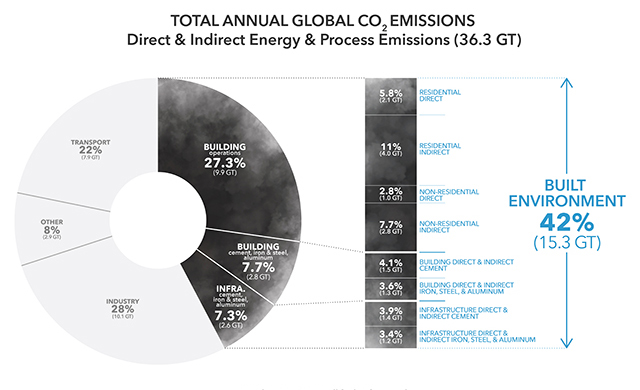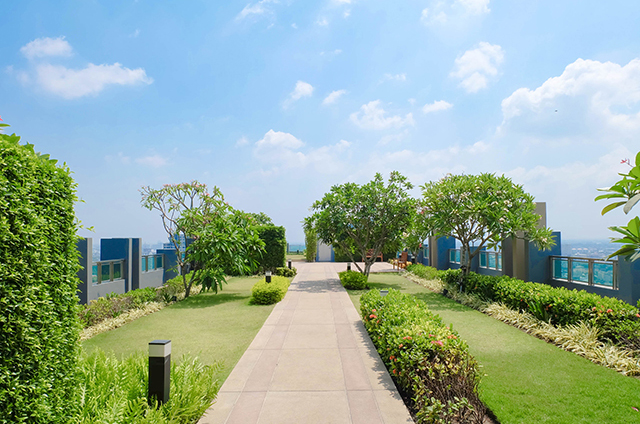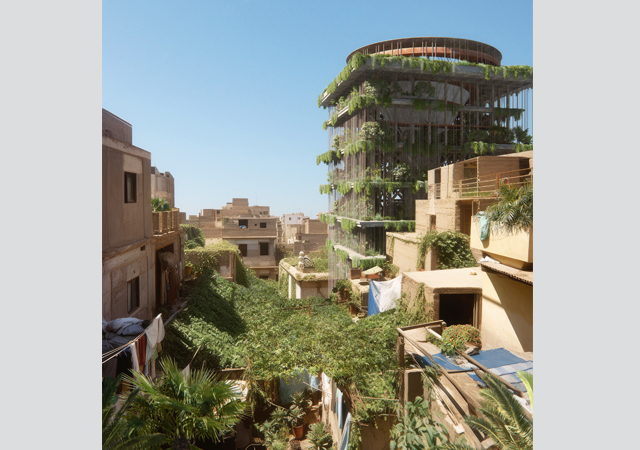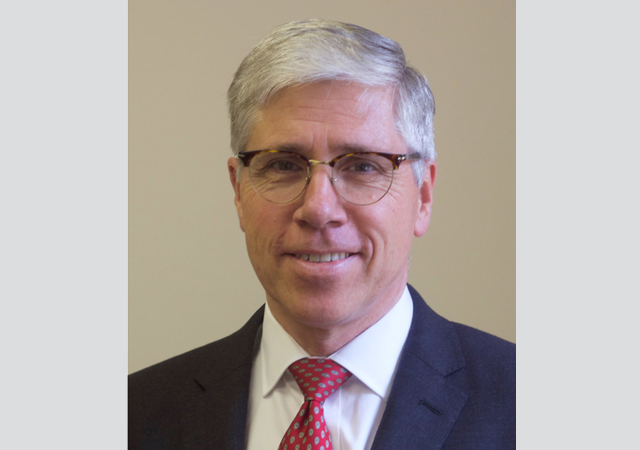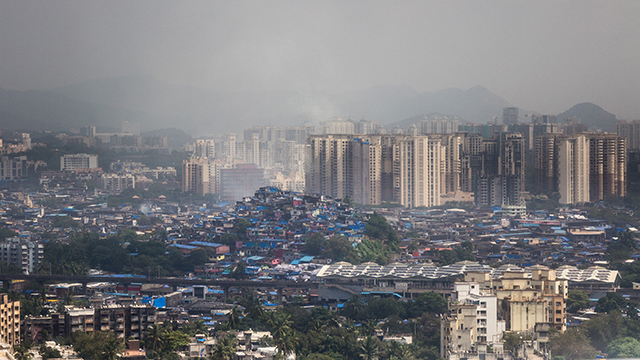
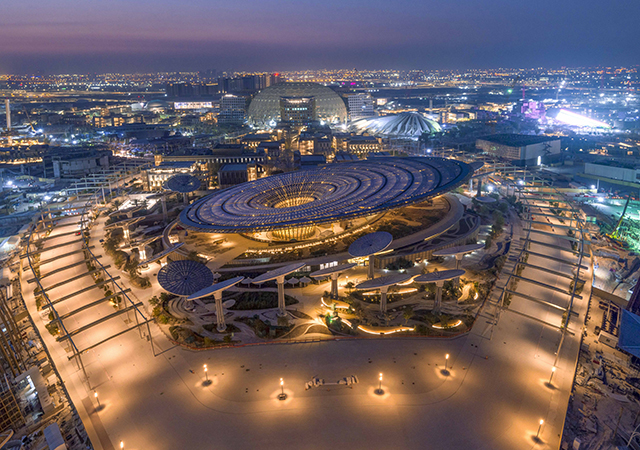 Expo City Dubai .. decarbonisation roadmap released for the city.
Expo City Dubai .. decarbonisation roadmap released for the city.
As preparations in the UAE for the 28th Conference of the Parties to the UN Framework Convention on Climate Change (COP28) enter their final stages, the venue for this prestigious event, Expo City Dubai, is demonstrating its commitment to leading by example in climate action.
COP28 opens at the end of this month (November 30 to December 12), bringing the world’s key players together to discuss bold, practical and ambitious solutions to the most pressing global challenge of our time.
In line with the goals of this momentous and historical (first time it is being held in the Gulf) event, Expo City Dubai has released its decarbonisation roadmap, setting a new benchmark for growing urban centres while also contributing to the UAE Net Zero by 2050 strategic initiative and global climate goals.
Expo City Dubai is committed to curbing embodied carbon in the built environment and its decarbonisation roadmap outlines a pathway to net zero by 2050, with interim targets of 45 per cent operational carbon reduction by 2030 and 80 per cent by 2040. It also targets a 40 per cent reduction in embodied carbon in the built environment by 2030, and 100 per cent reduction and offset by 2050.
Expo City Dubai will take an ongoing ‘reduce, remove, and offset’ approach to meet its objectives. After reducing its emissions to the lowest possible level, it aims to remove and offset remaining emissions to achieve net zero by 2050, integrating decarbonisation across every aspect of its business and city, enhancing existing policies and programmes and introducing new initiatives with a regenerative mindset.
 |
|
Target for operational carbon |
It is also committing to minimise emissions during construction projects. While for most cities this carbon footprint lies decades or even centuries in the past, Expo City Dubai is a growing community that recognises the impacts of carbon in its development and is taking action to address it, says the developer.
Alongside 15-minute city planning principles that encourage micro-mobility and prioritise pedestrians, Expo City says it will reduce emissions through energy and water efficiency measures and the use of renewables, as well as through low-carbon materials and the integration of circular economy principles.
The city will then look to additional measures, such as sustainable soil management and exploring the long-term use of the latest carbon capture technologies, to remove emissions. Meanwhile, it will carefully select or develop offsets from outside its boundary – such as verified, high-quality mangrove restoration projects – to compensate for residual emissions within its carbon boundary.
 |
|
Target for embodied carbon in built environment |
The roadmap aligns with the Global Protocol for Community-Scale Greenhouse Gas Inventories (GPC) – the protocol most used by cities for geographic-based inventories – and the goals follow the relevant guidance of the Science Based Targets Network (SBTN) – applicable to urban-scale decarbonisation targets – whereby achieving net zero requires significant greenhouse gas (GHG) emission reduction before offset purchases are considered.
It also uses the guidelines set in the PAS 2070 Specification, which is aligned to the GPC and provides a methodology for consumptive inventories for cities to report upstream emission source categories.
Using the GPC, the geographic-based emissions will include all emission sources within the geographic boundary of Expo City, including electricity, fuels, water, in-boundary transport and waste generation as well as emissions from out-of-boundary transport and upstream emissions from fuels and electricity.
Using PAS 2070, the consumptive emissions will include embodied carbon from construction materials, food and beverage and relevant categories of goods.
 |
|
Decarbonisation opportunities |
Matt Brown, Chief – Sustainability, Expo City Dubai, says: “Expo City Dubai is a blueprint for sustainable urban living, committed to maximising its social, environmental and economic impact. We can only realise our potential by taking purposeful action to address climate change. Our roadmap integrates decarbonisation across every aspect of our business and city, enhancing existing policies and programmes and introducing new initiatives with a regenerative mindset.”
“Taking care of our planet and each other is embedded in our culture. As our city grows, we will engage every tenant, resident and visitor in our journey, exploring synergies and new opportunities and maximising prospective benefits. We look forward to sharing key learnings and achievements along the way – reinforcing Expo City’s role as a responsible member of, and contributor to, the UAE and global community, as hosts of COP28 and beyond,” he adds.
An inclusive innovation-driven, people-centric city of the future and one of five hubs on the Dubai 2040 Urban Master Plan, Expo City Dubai is committed to maximising its positive social, environmental and economic impact
Designed as a blueprint for sustainable urban living, its roadmap to achieving net zero by 2050 and its broader decarbonisation targets raise the bar on responsible urban development.
Packed with educational, cultural and entertainment offerings and a go-to destination for globally significant events, it celebrates human creativity and ingenuity and aims to inspire future generations.
The legacy of Expo 2020 Dubai, Expo City Dubai connects businesses, government, organisations, educational institutions, residents and visitors, working together to drive progress and create a better, more equitable, more sustainable future for all, the developer states.

















.jpg)













 (1).jpg)














































